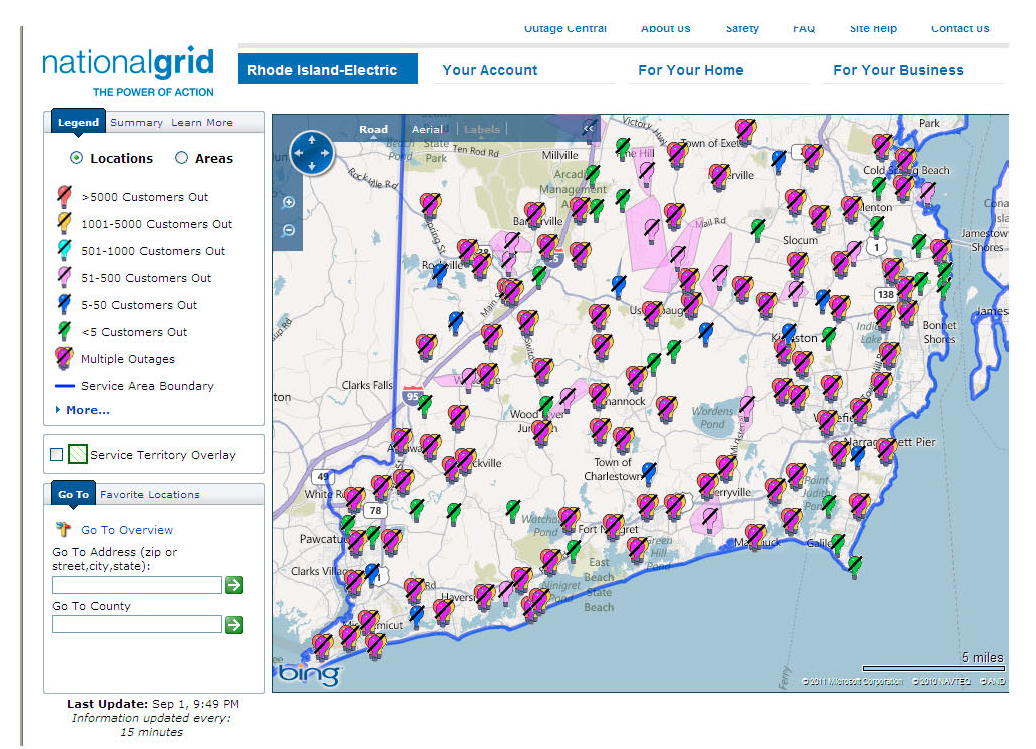

In the ruling on the propane terminal, the state Energy Facility Siting Board said that a detailed accounting of emissions impacts would be needed for an expansion of the Sea 3 Providence propane terminal to be considered. But certain recent decisions, including the rejection of a fast-track approval for the expansion of a propane terminal in Providence, have lent weight to the law. The law requires all state agencies to consider climate impacts, and while its passage was heralded as historic by its supporters, there is still some question about how it would be applied. That could be especially important in regard to the Act on Climate, a landmark measure that became state law last year and requires Rhode Island to slash planet-warming greenhouse gas emissions over the next three decades. But it could mean that PPL is required to offer more information on its plans for Rhode Island and, possibly, additional commitments. If Stern returns the case to the division, it’s unlikely that it would lead to a different conclusion. Rather, they want the court to remand the decision back to the division with instructions on issues that still need to be addressed. Lawyers with the attorney general’s office are not seeking to vacate the decision - which was made by the DPUC’s deputy administrator and signed off on by the administrator - and have the division restart the review process from square one. A resolution in Rhode Island is all that remains. The parties to the deal secured approval from the Federal Energy Regulatory Commission without a hitch and cleared a necessary hurdle in Massachusetts after a settlement was reached with Attorney General Maura Healey last month. How he rules could determine the fate of the sale, or at least how quickly it proceeds. While Stern wasn’t prepared to offer a decision immediately, he promised one soon.


 0 kommentar(er)
0 kommentar(er)
